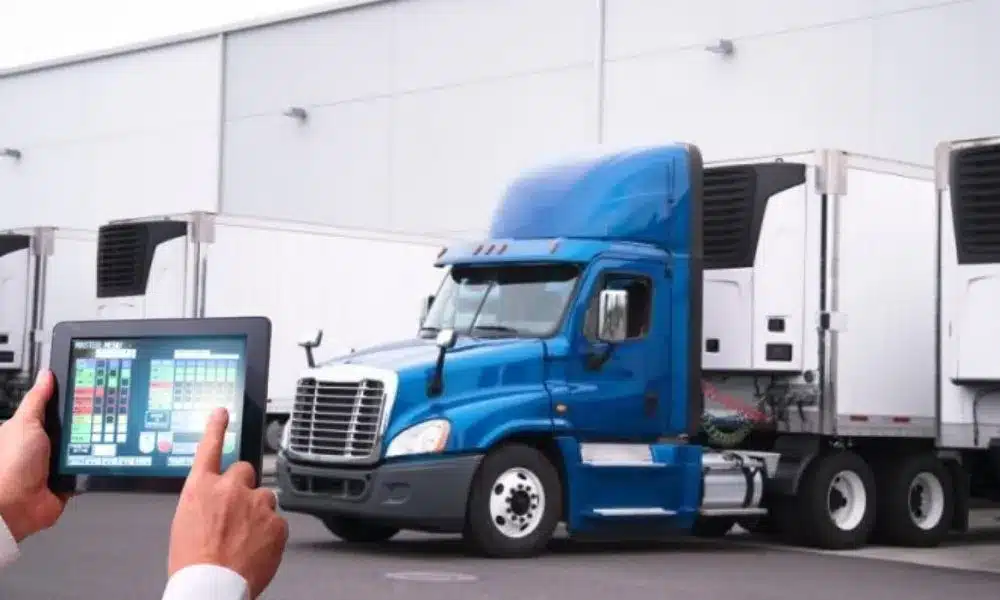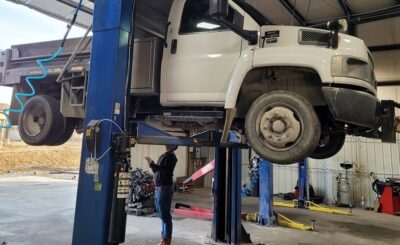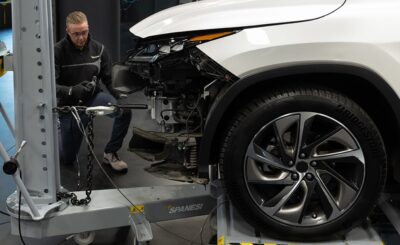Freezer trucks play a crucial role in the logistics and transportation of perishable goods, ensuring that food and other temperature-sensitive items remain fresh and safe for consumption. With an increasing demand for efficient cold chain logistics, understanding the functionality, types, and applications of freezer trucks is essential for businesses in the food distribution industry.
What is a Freezer Truck?
A freezer truck, often referred to as a refrigerated truck, is specifically designed to transport goods at controlled temperatures. Unlike standard refrigerated vehicles that may only maintain cooler temperatures, freezer trucks are equipped with powerful refrigeration systems capable of reaching sub-zero temperatures. These trucks are vital for transporting frozen goods, including meat, seafood, and certain pharmaceuticals, ensuring quality and safety throughout the supply chain.
Types of Freezer Trucks
Direct Drive Freezer Trucks
Direct drive freezer trucks utilise the power generated by the vehicle’s engine to operate the refrigeration unit. This method is highly efficient and reliable, making it a popular choice for light and medium-weight freezer trucks in the industry. The system allows for a consistent temperature, essential for maintaining the integrity of perishable items during transport.
Self-Powered Freezer Trucks
Conversely, self-powered freezer trucks operate with an independent engine that fuels the refrigeration unit. This design provides greater flexibility, allowing businesses to park the vehicle without needing to keep the truck engine running. Additionally, self-powered systems typically require less maintenance, with servicing intervals of 2,000 to 3,000 hours, significantly lowering long-term maintenance costs. Such features are particularly advantageous for companies in Singapore seeking freezer truck solutions with reduced upkeep.
Key Components of a Freezer Truck
The effectiveness of a freezer truck lies in its key components:
Refrigeration Unit:
This is the heart of the freezer truck, responsible for maintaining the desired temperature inside the cargo area. The unit’s performance is critical for ensuring that the products do not spoil during transport.
Insulation Materials:
High-quality insulation is essential for minimising temperature fluctuations and maintaining a consistent environment within the truck. This prevents the risk of spoilage and waste.
Temperature Monitoring Systems:
Advanced monitoring systems are often integrated into freezer trucks to continuously track internal temperatures. These systems ensure compliance with health and safety regulations and provide peace of mind that goods will arrive in perfect condition.
Applications of Freezer Trucks
Freezer trucks serve a diverse range of industries. The food distribution sector relies heavily on these vehicles for transporting perishable items, from fresh produce to frozen meats. Additionally, the pharmaceutical industry utilises freezer trucks for transporting temperature-sensitive medications and vaccines. Compliance with health and safety regulations is paramount, and the reliability of freezer trucks significantly contributes to maintaining these standards.
Choosing the Right Freezer Truck
When selecting a freezer truck, businesses must consider several factors:
Size and Capacity:
Assessing the volume of goods to be transported helps determine the appropriate size of the freezer truck.
Type of Refrigeration System:
Choosing between a direct drive and a self-powered system depends on the operational needs and budget of the business.
Budget Considerations:
Investing in a quality freezer truck is essential, but it should also align with the company’s financial capabilities. Evaluating long-term maintenance costs can help in making an informed decision.
Maintenance of Freezer Trucks
To ensure optimal performance, regular maintenance of freezer trucks is essential. Routine checks should focus on:
Refrigeration Unit Performance:
Regularly monitoring the performance of the refrigeration system to prevent breakdowns.
Temperature Controls:
Ensuring that temperature controls are functioning accurately to maintain safe levels for perishable goods.
Insulation Integrity:
Inspecting insulation for any signs of wear or damage that could compromise temperature control.
Takeaway
Freezer trucks are indispensable in the supply chain for transporting perishable goods. Their ability to maintain optimal temperatures is critical for the quality and safety of food and other temperature-sensitive products. Businesses investing in reliable freezer truck systems can navigate the challenges of cold chain logistics with confidence, ensuring that their goods arrive at their destinations in perfect condition.








